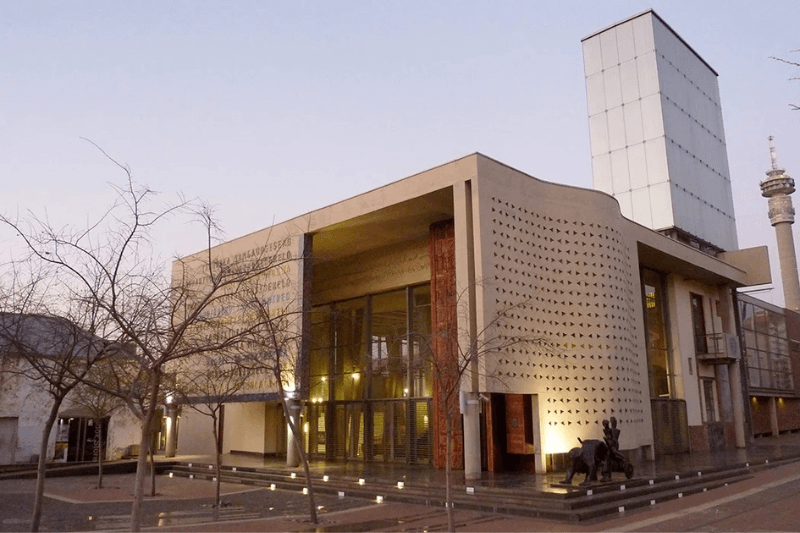The Constitutional Court declared parts of RICA unconstitutional, following a case brought by amaBhungane. After that, South Africa’s parliament is seeking feedback on a proposed bill to amend its surveillance law RICA.
The bill aims to address the court’s orders, such as providing post-surveillance notifications, enhancing the independence of RICA judges, and introducing safeguards for ex parte surveillance warrants.
However, privacy advocates have expressed concerns because the bill only tackles the court’s specific orders, missing the opportunity to make broader reforms.
One significant issue is the “section 205 loophole,” where the state accesses sensitive communication data through a separate legal avenue, section 205 of the Criminal Procedure Act.
This procedure lacks the safeguards applied to RICA, and it has been used more frequently for surveillance, including on journalists, lawyers, and government officials.
Despite previous awareness of the section 205 loophole, the RICA bill does not address it, potentially shifting surveillance abuses from RICA to section 205.
Advocates argue that if RICA is required to meet strict safeguards, these should also apply to all forms of surveillance, closing the section 205 loophole.
The RICA Amendment Bill also lacks crucial implementation details, such as how people will be notified of surveillance and what information will be included for potential legal action.
It does not address the need for multiple judges to handle surveillance requests efficiently, relying on a single judge and a panel of others.
Keep Reading
While the bill represents an attempt at reform, it falls short of delivering comprehensive changes needed to rein in surveillance abuses effectively. Critics argue that only a court order seems to enforce meaningful reforms, despite earlier promises of far-reaching changes by the Department of Justice.
The RICA amendment bill’s flaws highlight the need for more substantial and comprehensive reforms to address surveillance issues in South Africa effectively.
Without addressing the section 205 loophole and other concerns, the proposed changes may not fully protect privacy and freedom of expression.
If you couldn’t understand the whole story yet, let me simplify it for you! See, in South Africa, there are two important laws related to surveillance. RICA has more rules and protection, while Section 205 is less strict.
RICA is a law that controls when the government can spy on people’s communications, like emails or phone calls. It’s allowed for serious crimes but needs a judge’s permission. Some say it doesn’t protect privacy enough.
Section 205 of the Criminal Procedure Act is another way for the police to get communication data, but it doesn’t have strong safeguards. This section has been used a lot and can lead to abuses.

